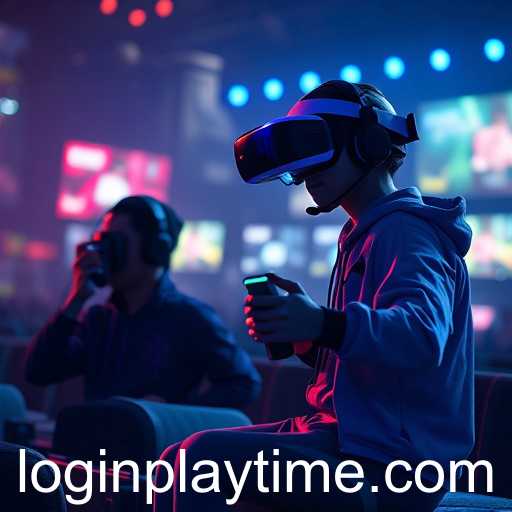As the year 2025 unfolds, the gaming industry continues to capture the attention and imagination of millions worldwide. The concept of 'playtime' has evolved from a mere pastime to a significant cultural phenomenon that bridges diverse communities and technologies. In this era, gaming platforms offer more than just entertainment; they have become integral in fostering social connections and are actively contributing to technological advancements.
The COVID-19 pandemic, now a thing of the past, has left an indelible mark on the industry. During the lockdowns, many turned to games as an escape from the monotony of isolation. This surge in gaming led to unprecedented growth, attracting not just new players but also innovators who are now pushing the boundaries of what's possible. In 2025, 'playtime' often involves augmented reality and virtual reality, blurring the lines between the digital and physical worlds.
Technology giants and indie developers alike have capitalized on the growing trend, producing games that challenge traditional gameplay standards. The introduction of AI-driven NPCs and procedurally generated worlds offers players a more personalized and immersive experience. Playtime is no longer restricted by location or platform; cross-play and cloud gaming have become industry standards, allowing friends from around the globe to engage irrespective of their device.
However, with this growth comes responsibility. The conversation surrounding the mental health impact of gaming continues, urging companies to implement features that promote healthy play habits. Initiatives like screen time reminders and parental controls are now common, ensuring that playtime remains a balanced addition to users' schedules.
Gaming events and competitions in 2025 have scaled to unprecedented levels, drawing audiences that rival traditional sports. Esports, now recognized as a legitimate form of competition, provides a platform for gamers to demonstrate their skills and enterprise brands connect with new audiences. These events are not only a source of entertainment but also a testament to gaming's role in uniting people across different backgrounds.
As we progress through 2025, it's evident that playtime is more than just about gaming hours. It's a dynamic ecosystem that facilitates interaction, learning, and growth. Whether it's through solo adventures or massive multiplayer events, the impact of gaming on societal dynamics is undeniable, making it a sector worth watching as it continues to evolve.








